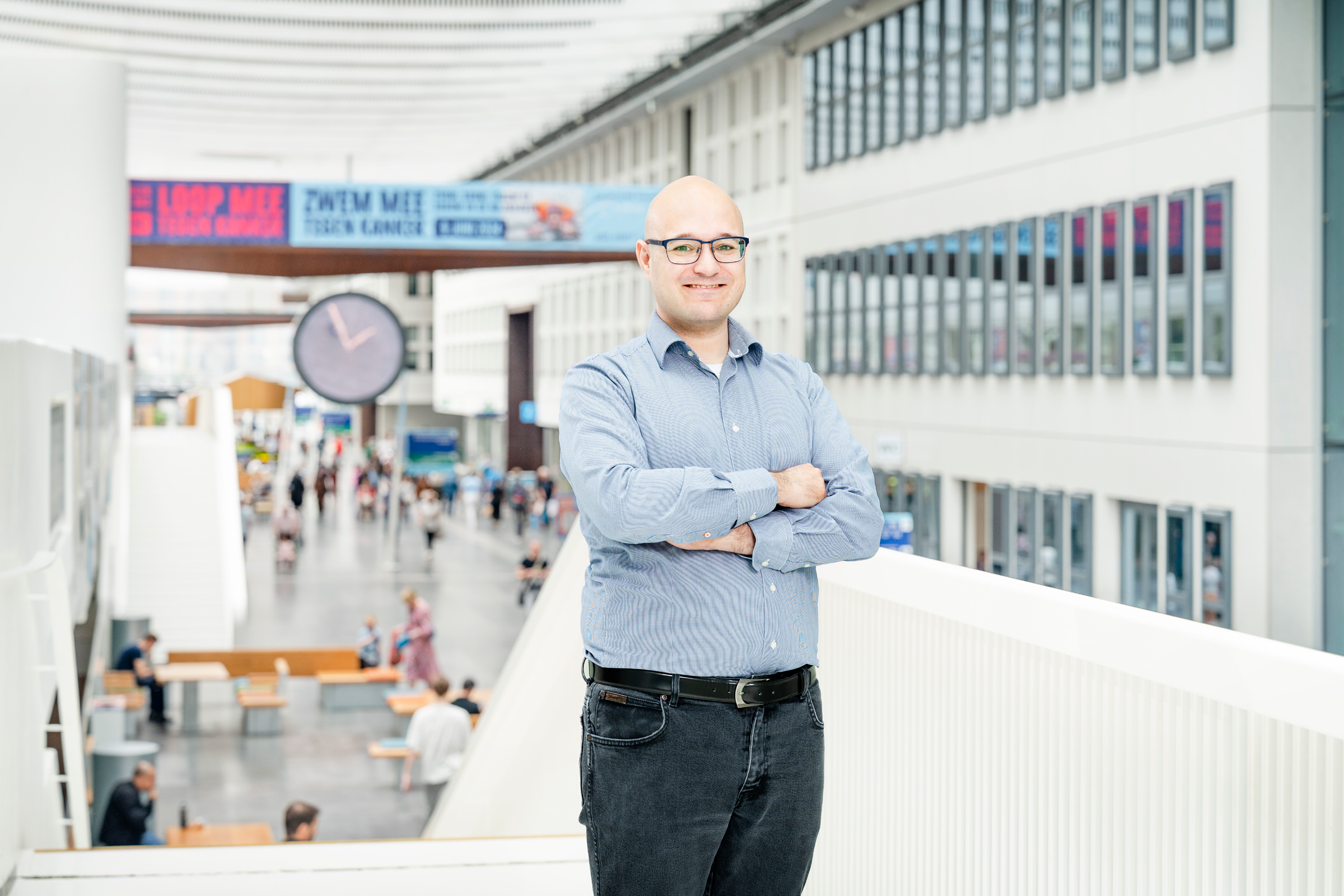‘Efficient lung cancer screening can prevent deaths’
Early detection of cancer can offer many health benefits. If a tumour has not yet metastasised, it can often still be removed or treated. However, it is not feasible to screen everyone continuously. That is why Kevin ten Haaf, an econometrician at Erasmus MC Rotterdam, is developing models to determine how to personalise screening programmes. He focuses specifically on lung cancer.
Lees dit interview in het Nederlands (NewScientist)
‘We want to identify who is at high risk of developing lung cancer,’ says Ten Haaf. ‘Using smoking history and age, we can already determine about 90 per cent of the risk. Important factors also include whether people have COPD and whether lung cancer runs in the family.’ It is important to screen high-risk individuals, while for low-risk individuals, the benefits sometimes do not outweigh the drawbacks, including the pressure this creates on healthcare. For example, screening might detect a tumour in someone of old age or with a limited life expectancy that would not have caused problems in their lifetime. ‘It is better to stop screening at some point.’
Ten Haaf’s research underpinned several screening programmes and recommendations, including those in Australia, Switzerland, the United States, and the province of Ontario in Canada. Currently, his research focuses on several European countries, including the Netherlands. ‘When developing a screening programme, we first map smoking behaviour in a country,’ says Ten Haaf. ‘With this, we calculate how many people are at high risk of developing lung cancer. We then compute thousands of strategies, evaluating different combinations of start and stop ages, time between screenings and risk levels. Suppose you scan this group of people every year from age 55 onwards: how many CT scans would you need? What would that cost? How many people would no longer die of lung cancer? And how long would they live after their cancer deaths are prevented?’ Using these scenarios, Ten Haaf determines the optimal strategy for a given country.
Screening programmes can help reduce deaths from lung cancer, but Ten Haaf stresses that preventing people from smoking and helping people to quit remains key. This helps prevent not only lung cancer but also other diseases. And if a person has already developed lung cancer, quitting smoking ensures that treatments are more effective.
In the future, Ten Haaf plans to also apply his knowledge to screening and treatment of other diseases, such as breast cancer, head and neck cancer, bladder cancer, and cardiovascular disease. ‘I hope to contribute to personalising screening and treatments in as many diseases as possible. That way, we can use the doctors and resources we have to help as many people as possible.’
Video
Young Scientist – Kevin ten Haaf
